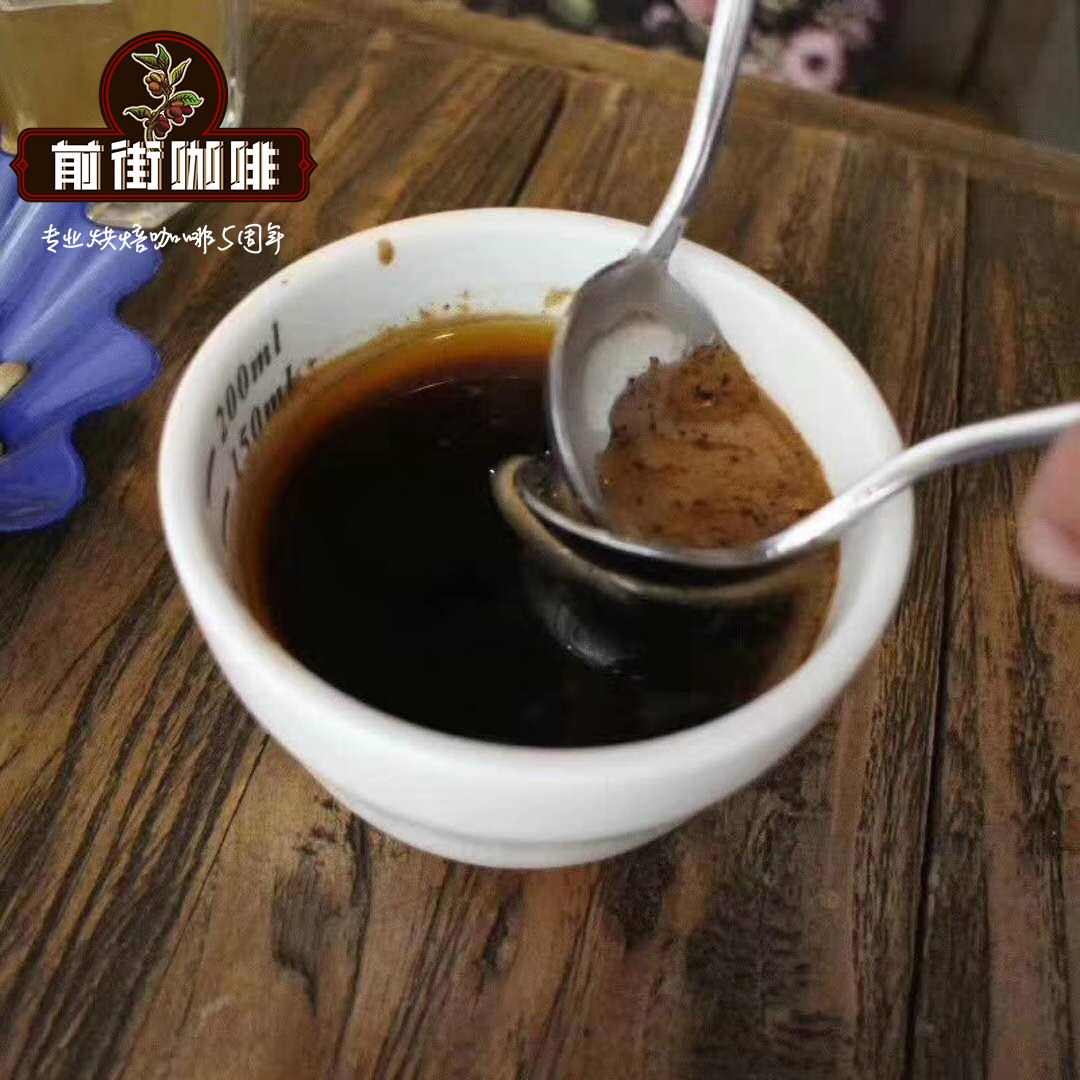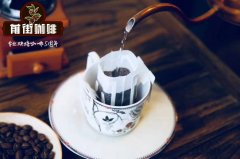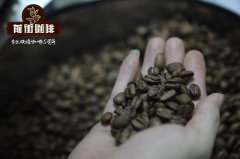What are the characteristics of Burundian coffee from the Nzove washing plant in Burundi?

Professional coffee knowledge exchange more coffee bean information please follow the coffee workshop (Wechat official account cafe_style)
The geographical environment of Burundi is very suitable for coffee cultivation. The territory is mountainous, with suitable altitude and climate. There are no coffee farms in the country and Burundian coffee beans are mainly produced by a large number of small farmers. In recent years, these small producers have become more and more capable of organizing. Most of them will gather around the 160 wet treatment plants in the country, 2/3 of which are state-owned and the rest are privately owned. On average, each wet treatment plant handles coffee beans from hundreds to up to 2, 000 producers.
Wet treatment plants in different production areas will also form their own management integration unit-SOGESTAL Wet treatment Plant Management Association. The main function of the association is to provide better hardware equipment in the region, so it has contributed to the improvement of coffee quality in Burundi this year. The best coffee in Burundi is washed, mostly bourbon, but there are other varieties. There are many similarities between Burundi and Rwanda. Except for similar elevations and coffee varieties, both countries are landlocked, which can be hindered by the rapid export of raw coffee beans to consumer countries at their best. Like Rwanda, Burundian coffee is prone to defects-potato flavor.
Until recent years, every wet treatment plant under SOGESTAL has mixed raw beans. Many coffees from Burundi can only be traced up to their respective SOGESTAL, that is, their areas of origin.
Since 2008, Burundi has begun to transform towards a boutique coffee industry, leading to the emergence of many procurement methods such as direct trade and traceability of origin. In 2011, Burundi hosted the prestige Cup (Prestige Cup) Coffee Raw Bean quality Competition, which was also a pilot competition before the official holding of the larger COE,Cup of Excellence Cup. Coffee beans from various wet processing plants are stored separately, ranked according to quality, and then sold at auction, all with production and marketing experience. This also means that unique high-quality coffee beans from Burundi will gradually appear on the market, which will be of great help to the improvement of quality.
In 1992, Nzove Coffee washing Station Coffee was built in the Mwumba community in the province of Ngozi, Burundi. The site is located in fertile and nutrient-rich areas where people cultivate and cultivate rich land without government permission. In response to unauthorized land use and aggressive attempts to revoke order and control in the area, the government decided to build a coffee cleaning station to see orders return to the area's agriculture. The name Nzove comes from the name "inzovu", which is the Kirundy word for elephants. A long time ago, the land here used to be home to a large number of elephants, but unfortunately, this is true of many animals that have roamed the country.
Qianjie coffee is recommended to be brewed in 89-90 degrees water, with a high perfume-like aroma, with grape, caramel, cherry, citrus, nectarine, apple flavor and green tea taste at the end.
Important Notice :
前街咖啡 FrontStreet Coffee has moved to new addredd:
FrontStreet Coffee Address: 315,Donghua East Road,GuangZhou
Tel:020 38364473
- Prev

How to make Colombian Xuefeng Coffee in Korean style? how to make Colombian Coffee too bitter?
Professional coffee knowledge exchange more coffee bean information please follow the coffee workshop (official account cafe_style) Columbia Xuefeng Mountain (Columbia Xuefeng Mountain) dry aroma with drupes (roasted nuts), Chinese fir, almond flavor, wet aroma with cocoa, nut, caramel sweet aroma; taste balanced, slightly sour, plum acid brings sweetness, sweetness is obviously similar to sugar
- Next

How to deep roast Colombian mango manor coffee _ Columbia hand brewed coffee gouache ratio
Professional coffee knowledge exchange more coffee bean information please follow Coffee Workshop (Wechat official account cafe_style) COLOMBIA CAUCA EL MANGON MILL DARK ROAST SPECIAL LOT Columbia Coffee Cauca production area Mango Manor Deep-roasted Micro-batch Fine Coffee Origin: Cauca, Colombia beans: Caturra processing Plant: Mangon Mill altitude:
Related
- Detailed explanation of Jadeite planting Land in Panamanian Jadeite Manor introduction to the grading system of Jadeite competitive bidding, Red bid, Green bid and Rose Summer
- Story of Coffee planting in Brenka region of Costa Rica Stonehenge Manor anaerobic heavy honey treatment of flavor mouth
- What's on the barrel of Blue Mountain Coffee beans?
- Can American coffee also pull flowers? How to use hot American style to pull out a good-looking pattern?
- Can you make a cold extract with coffee beans? What is the right proportion for cold-extracted coffee formula?
- Indonesian PWN Gold Mandrine Coffee Origin Features Flavor How to Chong? Mandolin coffee is American.
- A brief introduction to the flavor characteristics of Brazilian yellow bourbon coffee beans
- What is the effect of different water quality on the flavor of cold-extracted coffee? What kind of water is best for brewing coffee?
- Why do you think of Rose Summer whenever you mention Panamanian coffee?
- Introduction to the characteristics of authentic blue mountain coffee bean producing areas? What is the CIB Coffee Authority in Jamaica?

